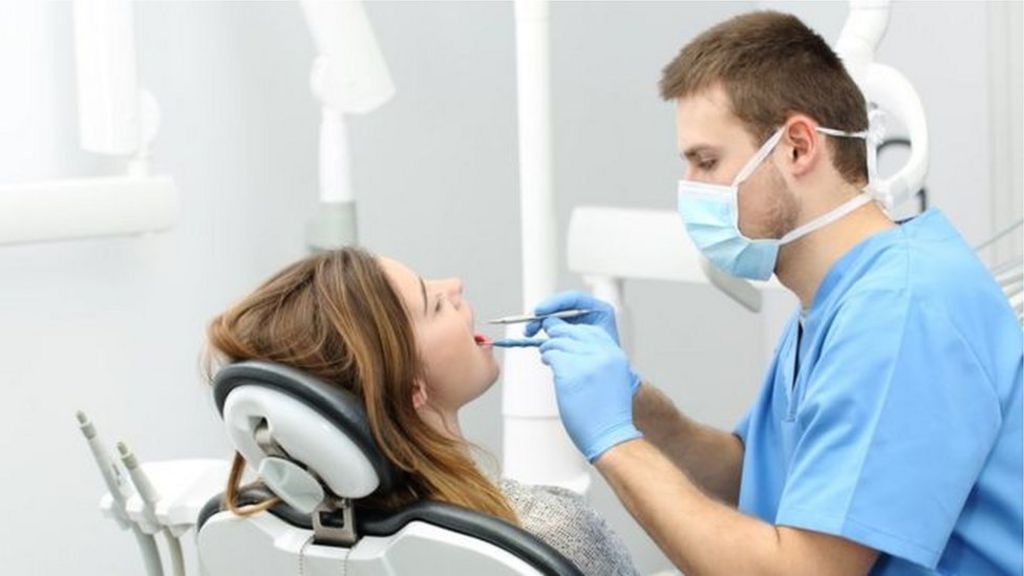
Comprehensive Guide to Dental Implants in Melbourne
Dental implants Melbourne have become an increasingly popular solution for individuals seeking to rectify missing or damaged teeth. This comprehensive guide aims to demystify the concept of dental implants, providing a clear insight into the procedure, benefits, and the care involved post-procedure. With a focus on Melbourne, this guide will discuss the factors one needs to consider when contemplating this treatment in the city. While dental implants might not be suitable for everyone, understanding the process can help make an informed decision. Taking into account the importance of oral health and its impact on overall well-being, it’s essential to explore all available options. From the procedure to aftercare, this comprehensive guide will enlighten you about the journey of having dental implants in the vibrant city of Melbourne.
Understanding the Concept of Dental Implants
Dental implants are essentially artificial ‘roots’ made from titanium, acting as a sturdy base for supporting one or more artificial teeth, known as crowns. This solution offers a robust and permanent alternative to dentures or bridges, integrating seamlessly with the jawbone over time. The precise nature of the procedure involves a dental professional delicately inserting the implant into the jawbone, acting as a firm anchor for the new tooth. This process ensures the stability and reliability of the implant, closely mimicking the natural roots of a tooth. Understanding this procedure is crucial before deciding to receive dental implants in Melbourne, ensuring that prospective patients can make an informed decision about their dental health.
The Procedure Involved in Dental Implantation
The process of dental implantation begins with an initial assessment to determine the viability of the procedure for the individual patient. This typically involves an in-depth examination of the oral cavity, as well as a detailed medical history. Following this, a tailored treatment plan is created, addressing the specific requirements and expectations of the patient. The actual procedure involves the careful insertion of the dental implant into the jawbone, under local anaesthetic to ensure patient comfort. After the implant has been placed, a period of healing is required for the implant to integrate with the jawbone, creating a solid foundation for the artificial tooth. Once healed, the artificial tooth is attached, completing the process. The procedure, while requiring a degree of patience, offers a long-term solution for those seeking to restore their smile in Melbourne.
The Advantages of Opting for Dental Implants
Choosing dental implants in Melbourne encompasses several benefits. Firstly, dental implants provide a long-term solution, designed to last a lifetime when well-maintained. This longevity surpasses other tooth replacement options, making it a valuable choice. Additionally, dental implants mimic the structure of natural teeth, allowing for optimal functionality. Eating, speaking, and laughing can be carried out with ease, offering a seamless transition. Furthermore, dental implants contribute to maintaining facial structure, preventing the bone loss that typically occurs with missing teeth. This prevents potential facial sagging, preserving natural appearance. Lastly, unlike some dental solutions, dental implants do not impact surrounding healthy teeth, preserving overall oral health. Choosing dental implants can significantly enhance quality of life, restoring not just a smile, but offering a robust, aesthetic, and functional solution.
Post-procedure Care and Maintenance of Dental Implants
Post-procedure care is an integral aspect of the dental implants journey. After undergoing dental implant surgery in Melbourne, you must adhere to a strict oral hygiene regimen. This includes regular brushing and flossing, along with routine dental check-ups and cleanings. It’s also advisable to avoid hard and sticky foods during the initial healing phase to prevent unnecessary pressure on the implant. Furthermore, refraining from habits such as smoking can significantly improve the longevity of the implant. Remember, while dental implants are robust and durable, they require the same level of care as natural teeth to maintain their condition. Regardless of the quality of the procedure, the success and longevity of dental implants greatly depend on how well they are looked after post-surgery.

Case Study: Real-life Experience with Dental Implants
Consider Jessica, a Melbourne resident who chose dental implants to replace her missing teeth. She shared her experience, stating that her decision was influenced by the durability and functionality offered by implants. From the initial consultation to the final fitting, Jessica felt at ease, owing to the professional and patient-centric approach of her dental team. She particularly noted the care taken to explain the procedure, ensuring her understanding and comfort. Post-procedure, Jessica now enjoys the benefits of her decision daily. Eating, speaking, and laughing freely, she feels the transformation has positively impacted her quality of life. Her experience further demonstrates the potential for dental implants in Melbourne to effectively address oral health issues while enhancing overall well-being.
Considering Dental Implants in Melbourne: Factors to Keep in Mind
When considering dental implants in Melbourne, several factors should be kept in mind. Firstly, contemplate your overall health, as certain conditions may affect the success of the procedure. Secondly, consider the expertise and experience of the dental team. Thirdly, bear in mind the costs involved, ensuring it aligns with your budgetary constraints. Also, evaluate the timeline for the procedure, understanding that dental implants require time for healing and integration. Lastly, consider the aftercare involved, understanding that diligent care is necessary for the longevity of the implants. Being aware of these considerations can assist in making an informed, confident decision about receiving dental implants in Melbourne.
Any surgical or invasive procedure carries risks. Before proceeding you should seek a second opinion from an appropriately qualified health practitioner.


